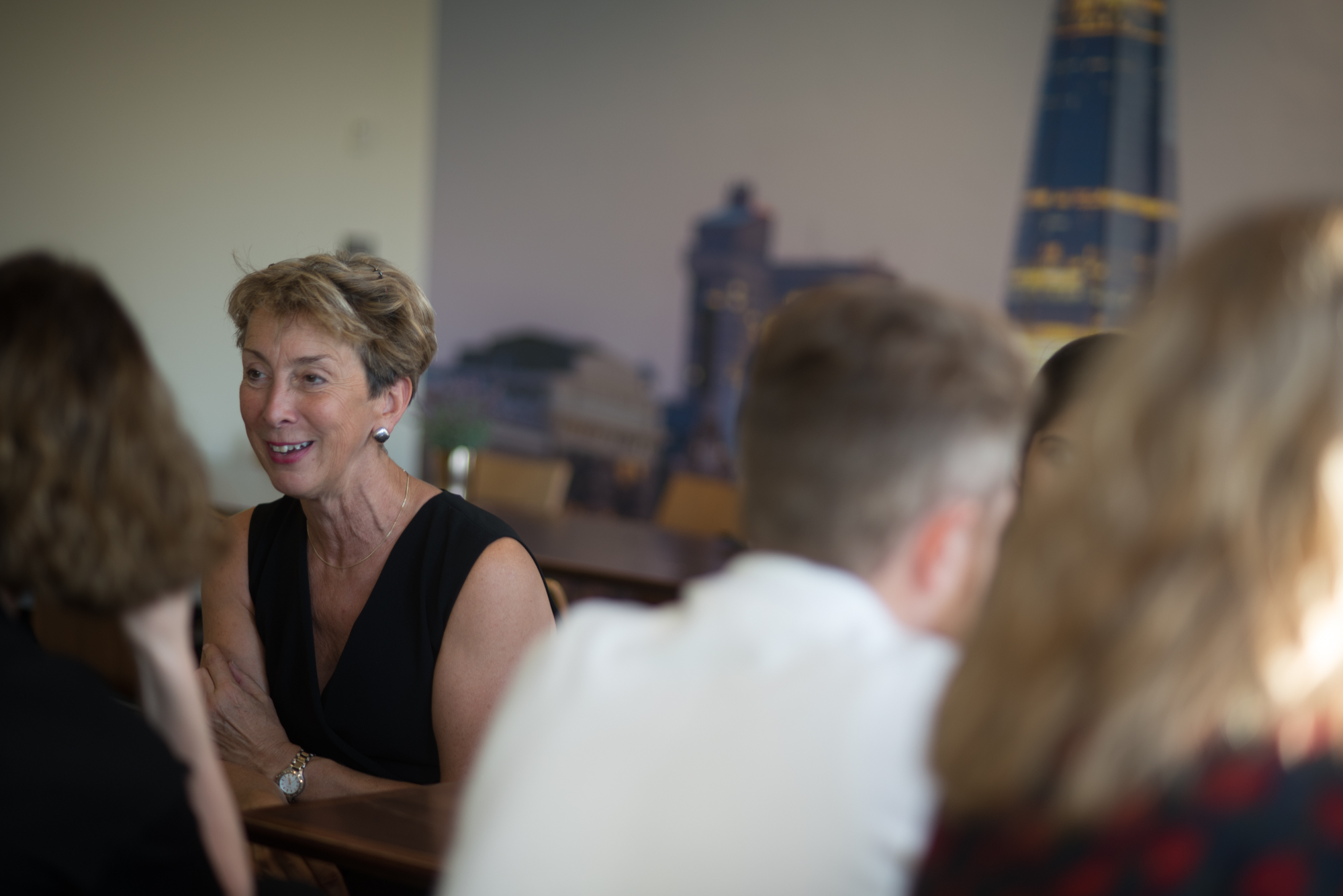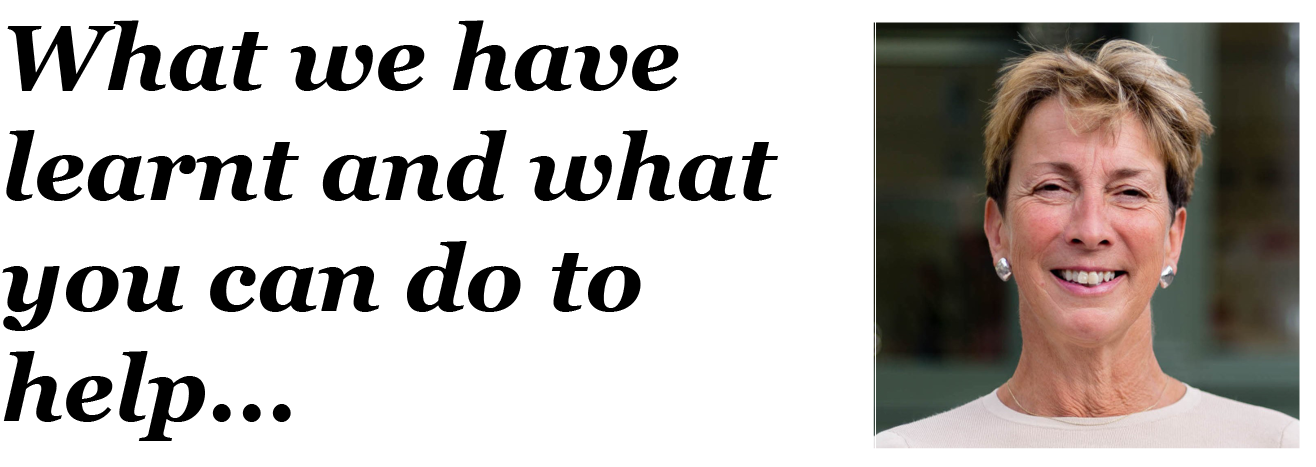
What we have learnt and what you can do to help...

By Becky Malby
WE KNEW that the most important thing was to start, to get going. From there, the road takes surprising turns as the system reacts to what is happening and everyone gets involved. This is a good thing. Here are some things that were unexpected but are important outcomes and learnings:
1. The work generated sudden interest from other parts of the systems (integrated care systems). We were met with calls to come and talk about what is happening and hear a different viewpoint.
2. There is an openness to, but lack of knowledge of, local voluntary sector capability and a need for central forums to connect to it.
3. The need for universal fairness in healthcare resonates hugely with the public.
4. Children are at risk of getting less attention than adults.
5. GP practices in poorer communities receive less funding and have less capacity.
6. There is unequal and different care for poorer people - we know the NHS flat offer model is increasing inequalities.
7 . What is going on in general practice is unknown - beyond people’s satisfaction with appointments - in terms of equity and universality, and very few practices know about their local need.
8. There is little continuity in primary care.
9. There are some fantastic examples of lessons from the vaccine programme sticking, but there are even more where the NHS has reverted to a model of ‘come to us’.
10. The NHS needs the voluntary sector, and should help it be the best it can be (longer contracts, supporting infrastructure). There is work going on in primary care that could be better provided by the voluntary care systems, which could be the first point of contact for people needing help with their health and care needs - a new front door.
WE REALLY don’t know what’s going on in primary care, but once the challenges and inefficiencies surfaced, we found that people will gather around to help. The general public are not judgemental - they are supportive. Once challenges are revealed and openly shared, then everyone can work together effectively.
We know that the current arrangements have often been organised with the best of intentions, but we were still outraged by what we found.
We want people to be outraged too. We think the data tells a story that will outrage people enough to act together. We know that, where people in communities help the NHS, we get better solutions that are fairer for everyone. That’s the bottom line.
Becky Malby is professor of Health Systems Innovation at LSBU and has been leading the national inquiry.